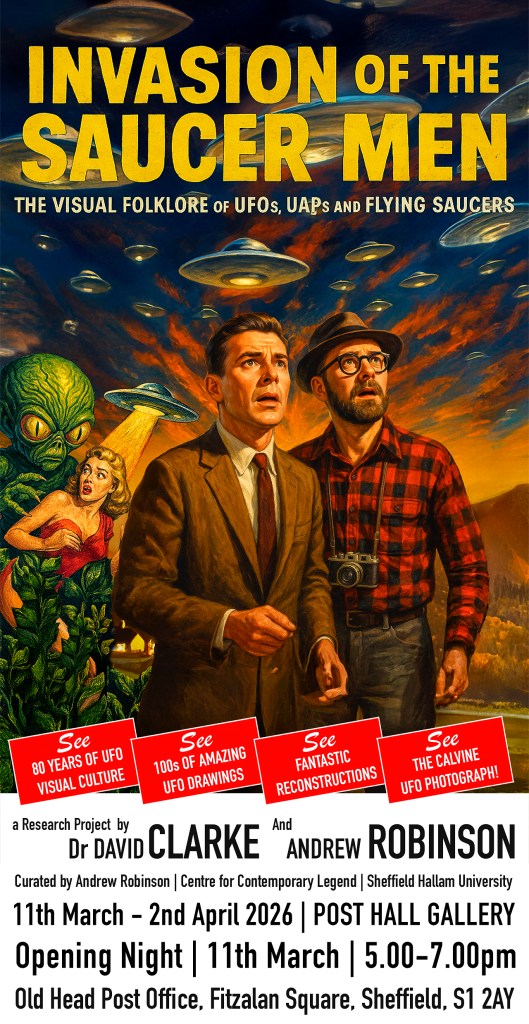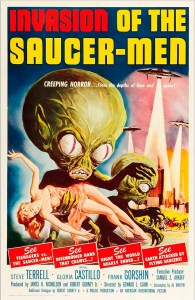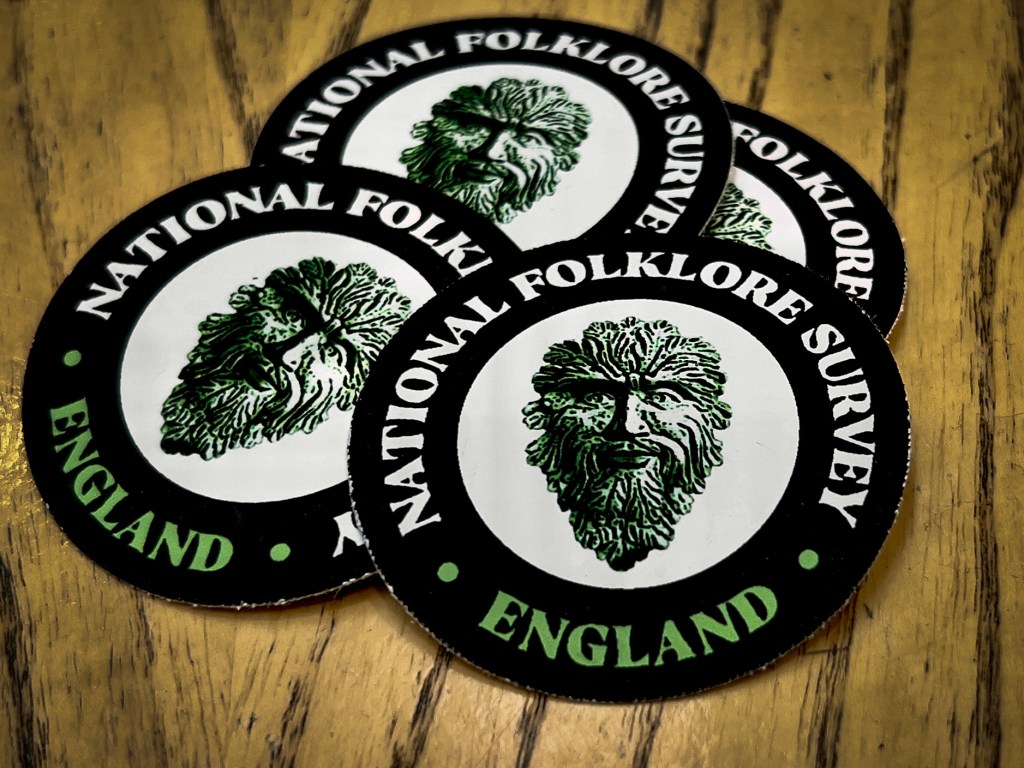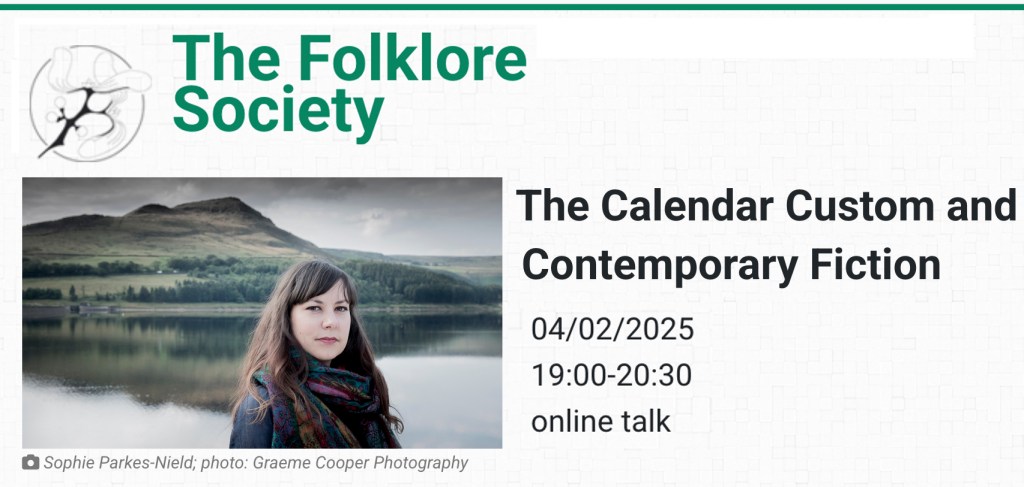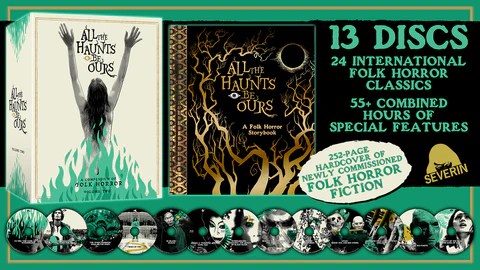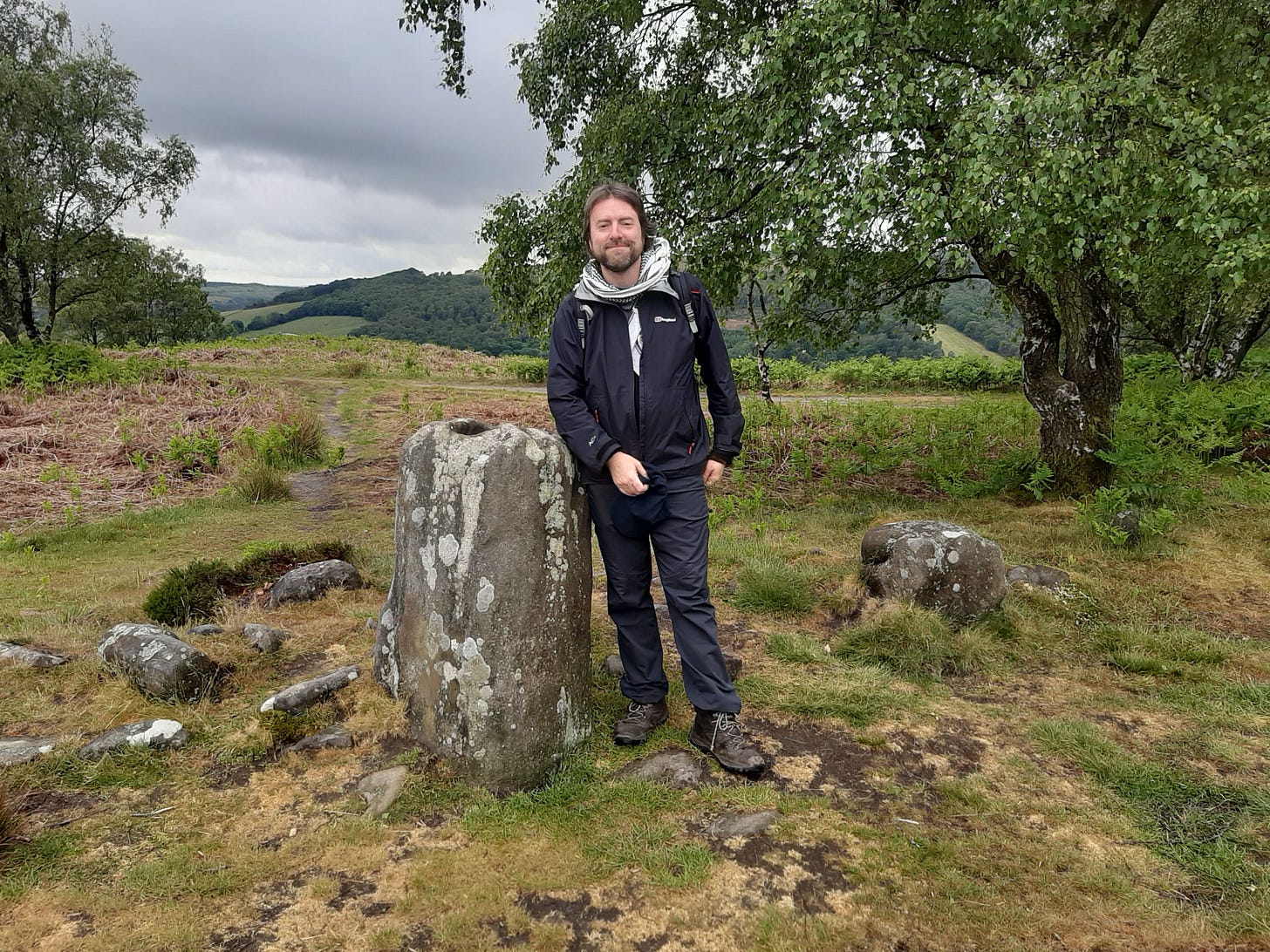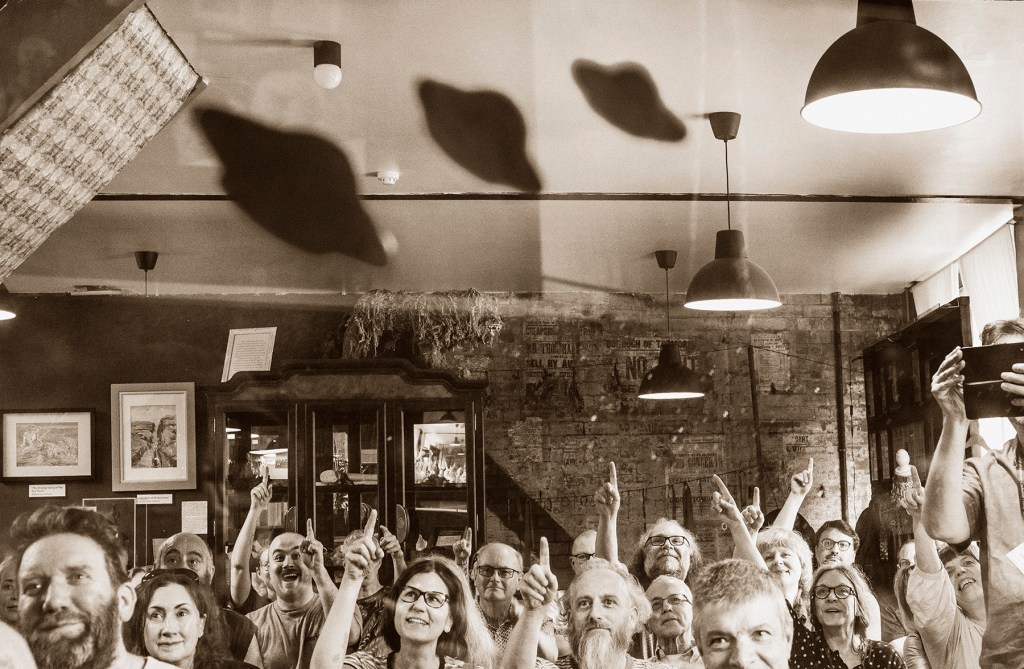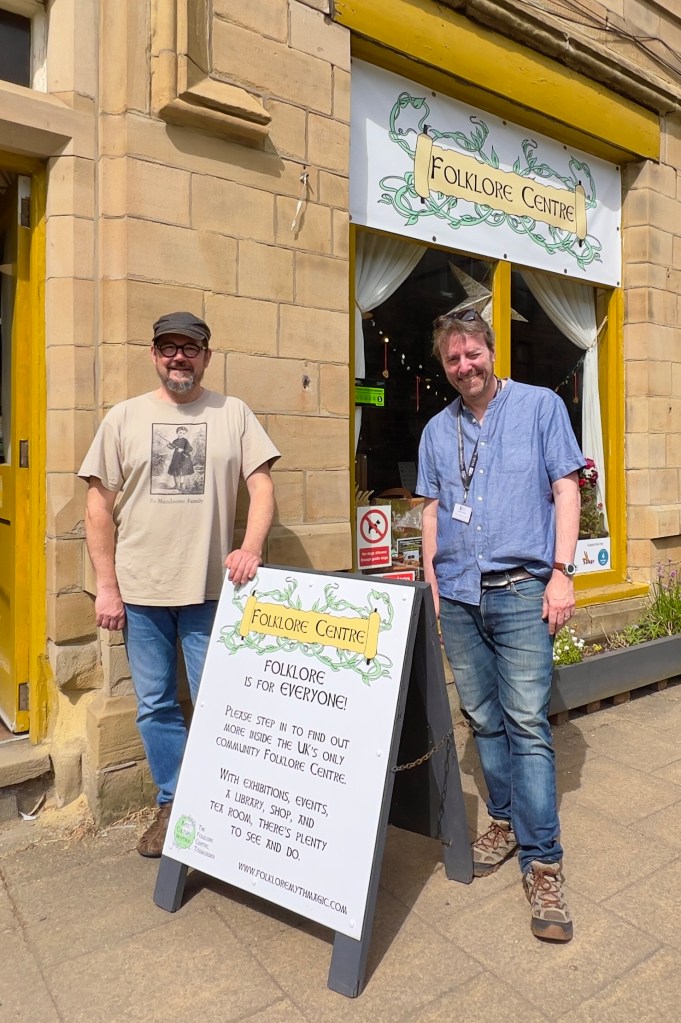Exhibition and Talk
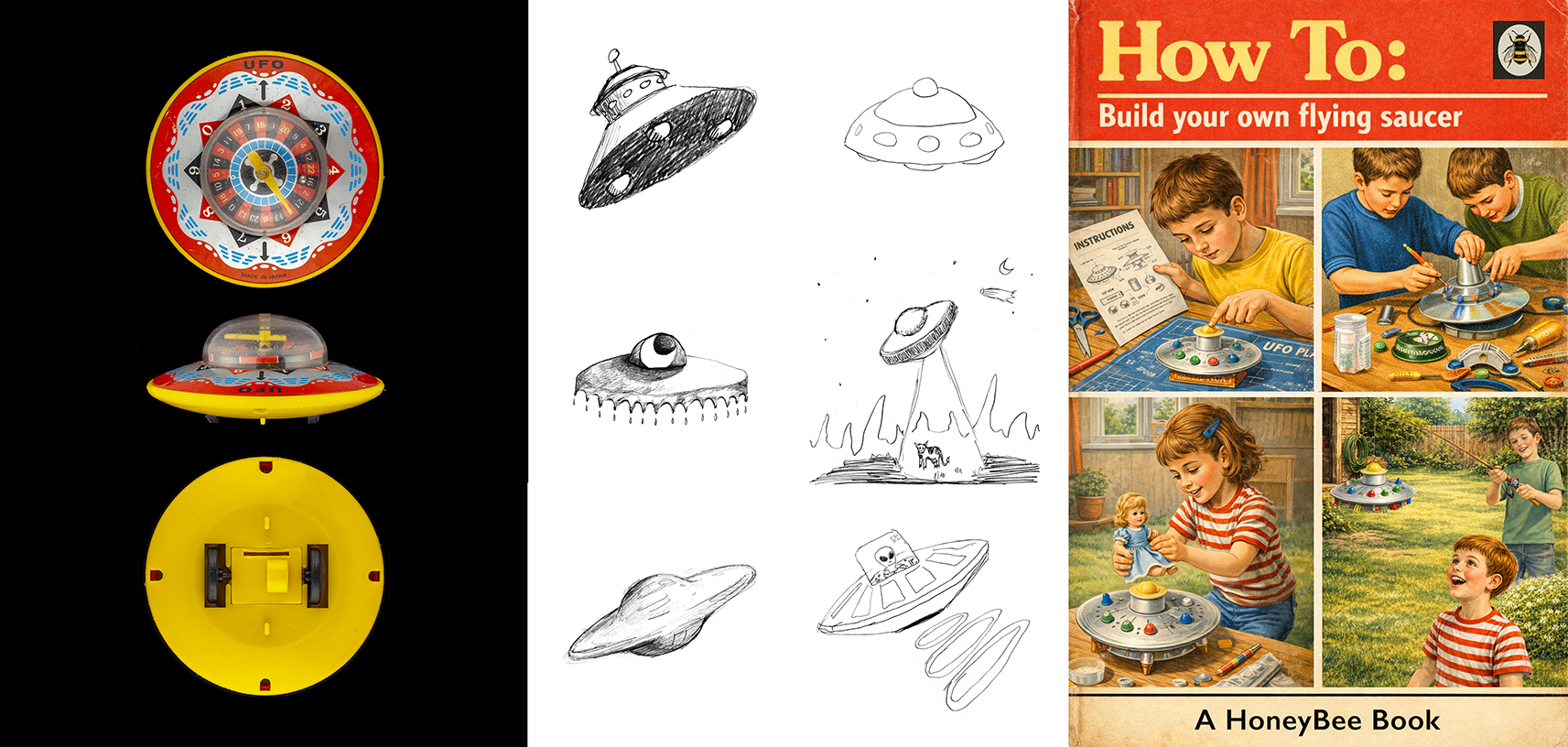
- Venue – Post Hall Gallery, Head Post Office, Fitzalan Square, Sheffield, S1 2AY
- Opening Night – Wednesday 11th March 2026 – 5.00-7.00pm
- Exhibition Open – 11th March – 2nd April 2026 – 10.00am-4.00pm
SHU folklorists Dr David Clarke and Andrew Robinson have spent the last three years researching the visual folklore of UFOs, UAPS and flying saucers. This exhibition, curated by Andrew Robinson, showcases 378 fascinating participant drawings collected as part of the research accompanied by a visual inventory of more than 80 years of UFO artifacts and memorabilia, including material from the famous Calvine UFO Case, exploring our obsession with the unknown.
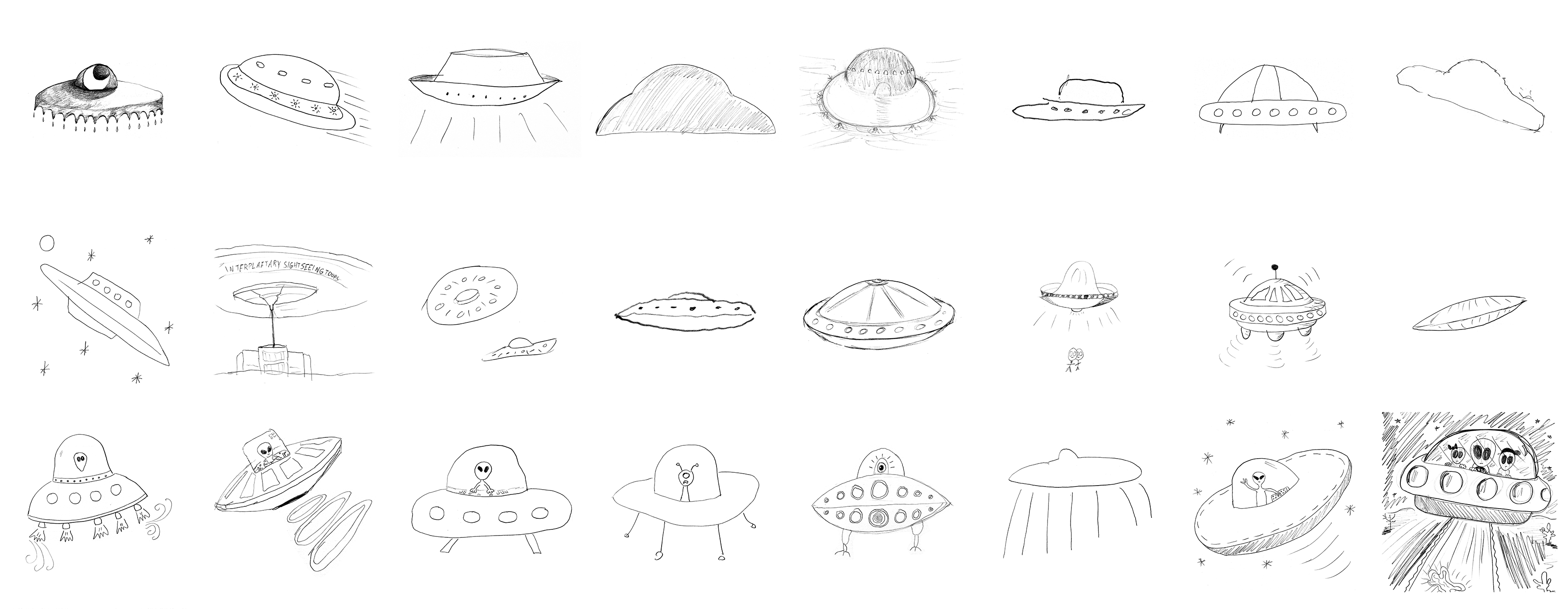
Alongside this is presented a series of new photographic works by Andrew playfully exploiting generative AI to question photography’s role as visual evidence in support of sightings.
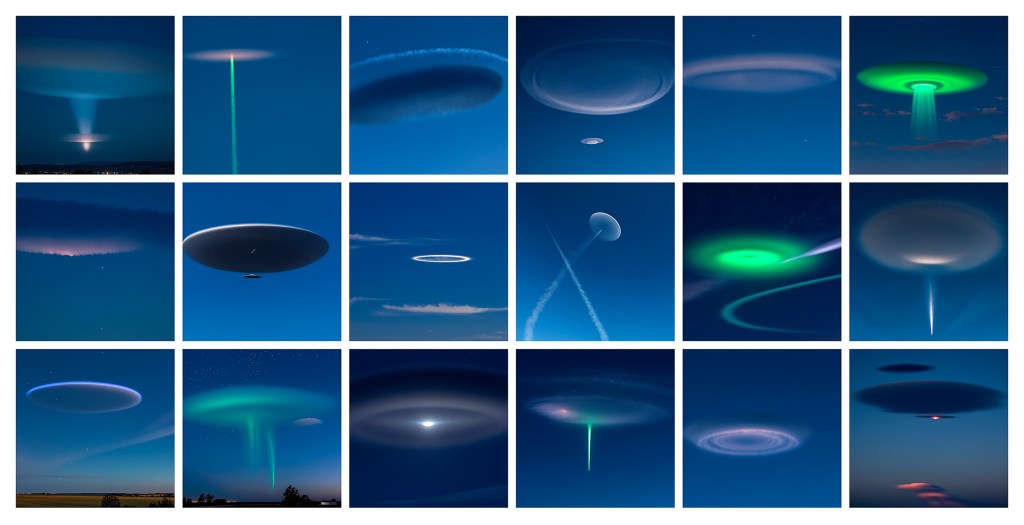
Images created by Adobe Photoshop’s ‘Generative Fill’ when prompted with the phrase ‘Unidentified Areal Phenomena’. (Copyright © A Robinson 2026)
The exhibition reveals the longevity of this contemporary myth which began at the dawn of the space age when the first satellites, space rockets and nuclear missiles drew our attention towards the heavens. Currently interest, from public to President, continues to grow thanks to the increasing exploitation of space – from Chinese spy balloons to NASA’s Artemis Moon programme and Elon Musk‘s SkyTrain – alongside the release of previously secret files, images and videos and despite advances in optics and imaging the mystery of the UFO, UAP and flying saucer remains.
David and Andrew would like to thank all those who contributed to the project by taking part in the participatory activities and producing the wonderful drawings included in the exhibition.
Free Gallery Talk – 6.30pm, Thursday 26th March
Dr David Clarke and Andrew Robinson will be explaining their research and discussing the history of the visual folklore associated with Flying Saucers and UFOs along with photography’s often problematic role in providing visual evidence of sightings.
Tickets and Info HERE
Read an interview with Andrew Robinson about the project and exhibition on the National Folklore Survey website HERE
For further information please contact:
andrew.robinson@shu.ac.uk or david.clarke@shu.ac.uk
